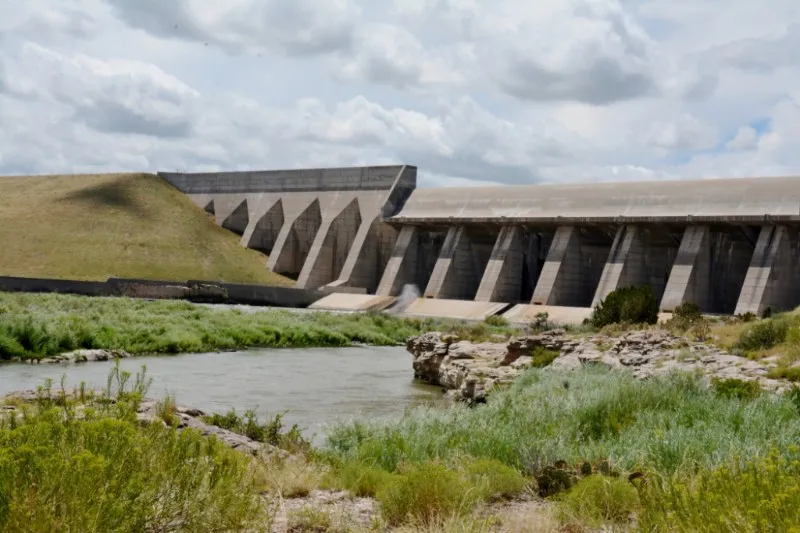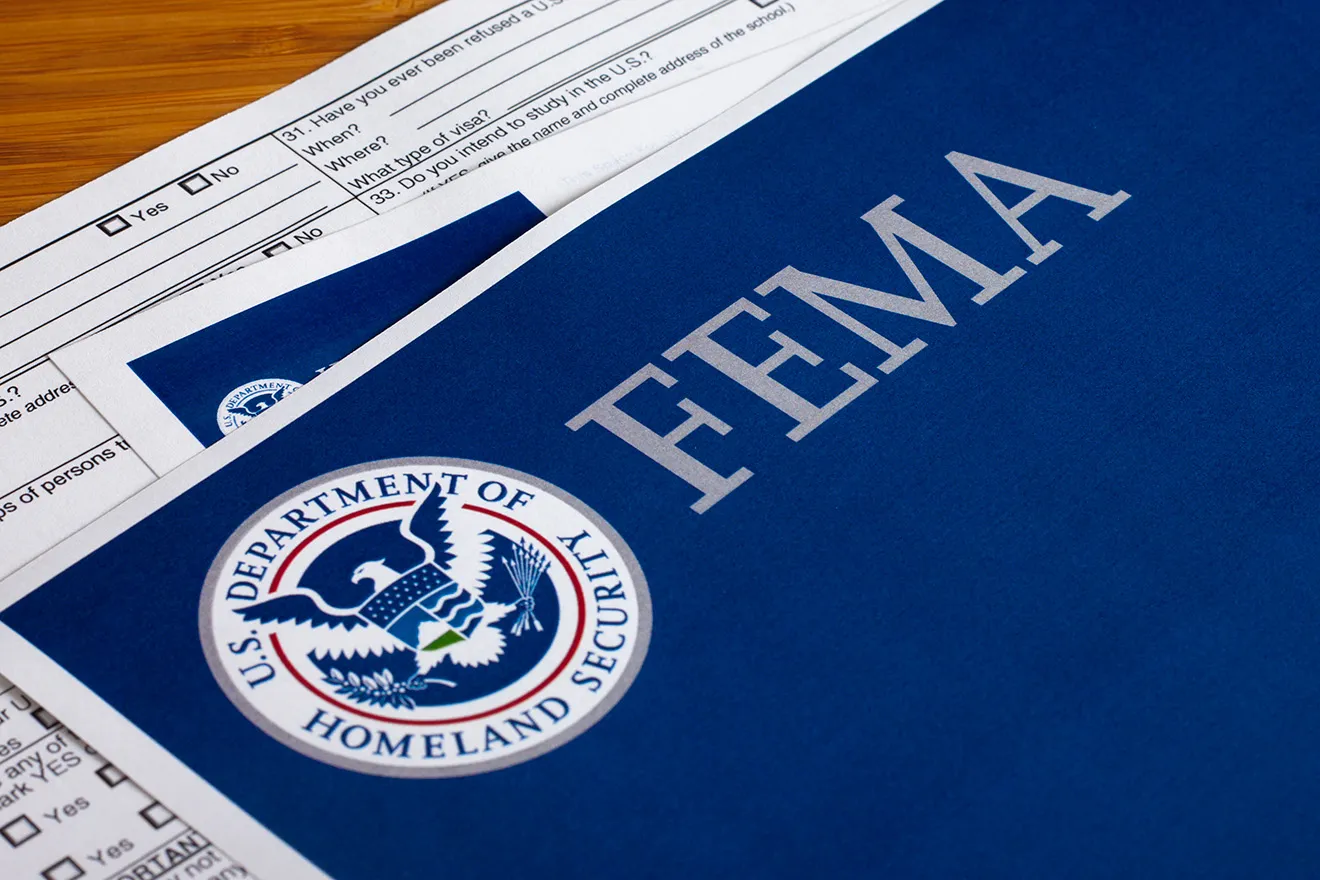
Daily Audio Newscast - April 4, 2024
News from around the nation.
Reimagining West Virginia's coal country by building on the state's legacy as an energy provider; Trump presses Nebraska lawmakers to change electoral votes to a winner-take-all; Cutting red tape to access IDs and other vital documents; Indiana research; Federal workers defy 'deep state' stereotype.
TRANSCRIPT
The Public News Service Daily Newscast, April the 4th, 2024.
I'm Mike Clifford.
A more diversified economy, including solar energy, is stopping the brain drain and putting people in West Virginia to work through paid on the job training.
We get the details in this Working Nation West Virginia News Service collaboration.
Coalfield Development CEO Jacob Hanna says his organization offers paid on the job training and feels like renewable energy, construction, manufacturing, reuse and recycling and agriculture.
Coalfield Development has supported or started 72 new businesses and created 800 new jobs, according to Hanna.
Solar haulers are largest social enterprise that we've created.
They're unionized to the International Brotherhood of Electrical Workers.
They've got over 100 employees and they've done a thousand installations, the largest solar installer in the region.
The most comprehensive program requires a three year commitment.
Nadia Ramligan reporting.
Coalfield Development has hired more than 1,700 people for local jobs through its training programs since it was founded in 2010.
Meantime, lawmakers in Nebraska are confronting a late push to change the unusual way the state awards electoral votes after former President Donald Trump and his allies came out in support of a languishing proposal that could boost his chances of prevailing nationally in the Electoral College in a very close race.
That for The Washington Post.
They report Nebraska is one of only two states that divides its electoral votes among statewide and congressional district winners that allowed Biden to pick off an electoral vote in 2020.
But The Post notes Governor Jim Pillan and Trump on Tuesday endorsed a proposal to return the state to a winner take all system, possibly upending the final days of the state legislative session, which ends April the 18th.
Next to Colorado, where advocates are urging lawmakers to make key improvements to a state program seen as critical to helping people fleeing domestic violence or experiencing homelessness, helping them to get back on their feet.
Aubrey Wild with the Colorado Coalition for the Homeless says people living on the streets frequently have their belongings stolen, confiscated or destroyed.
And without a valid ID card, it can be impossible to access housing services, get a job or even fill a prescription.
So we want to make sure that people aren't stuck in the experience of homelessness.
Getting an ID document can be something that helps propel someone out of homelessness and get them on that path to greater stability.
Under the current Colorado Necessary Document Program, people who need help securing documents must first get a paper voucher from a participating nonprofit organization.
Vouchers are only accepted at state operated DMV sites and two vital statistics offices in the Denver metro area.
Advocates want lawmakers to eliminate paper vouchers and allow people impacted by natural disasters and other qualifying Coloradans to get a new ID at more locations.
I'm Eric Gladys.
This is Public News Service.
Hoosiers running for public office often criticize the government despite wanting to be part of it.
R. Joe Aluri explains.
Research published in The Conversation, one of the world's leading publishers of research based news, finds many people misunderstand civil jobs and federal employees are dedicated to serving the public and upholding government integrity.
Retired Indiana University professor James Perry, who contributed to the research article, says the federal government has grown to include about three million career civil servants, models for democratic governments worldwide.
We didn't have NASA.
We didn't have the Social Security.
Medicare came in in the mid 1960s.
We just have all these enterprises that are now part of the federal domain that didn't exist a few decades ago, much less 150 years ago.
Despite political differences, Perry says civil servants prioritize executing lawful orders and providing vital expertise.
Appreciating their merit based service is crucial for maintaining effective governance.
Meantime, local election leaders in North Dakota don't feel like political violence is something they'll encounter.
But a new poll adds to the list of concerning sentiments among voters keeping these offices on their toes.
In a new PBS Marist poll, one in five U.S. adults believes Americans may have to resort to violence to resolve political divisions.
The level of acceptance was higher among Republicans.
These results follow lingering false claims about the outcome of the 2020 presidential race.
Ward County Auditor Marissa Hammond doesn't express great worry about attacks or threats happening in her jurisdiction.
But in the current climate, safety is a priority.
Making sure things are secure, election workers are prepared on what to do if something is to happen.
She adds there's coordination between her office, first responders and local law enforcement agencies closer to an election.
I'm Mike Mullen.
Finally, former Edwin J. Vera, a new report finds Connecticut might be better off without its film industry tax credit.
Supporters of the credit say it helps people most in need.
The Connecticut Voices for Children report finds the film industry tax credit cost the state more than $60 million a year.
This means that between 2007 and 2023, the state lost around $900 million.
Report author Patrick O'Brien says it plays into the state's regressive tax system because it's not targeted to low and middle income families.
If you're spending about $106 million a year in the film industry tax credits moving forward, only a portion of that is going to ultimately be passed through to low and middle income families within Connecticut, and a substantial portion of it is likely to be exported out of state entirely.
O'Brien's research doesn't examine whether that tax credit is worth salvaging, but it does find eliminating it would help the state recover that revenue beginning next year.
This is Mike Clifford for Public News Service.
Remember, endless to support it.
Hear us on interesting radio stations on your favorite podcast platform.
Find our trust indicators at Public News Service dot org.
Take Care of Yourself

















